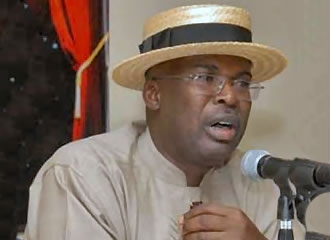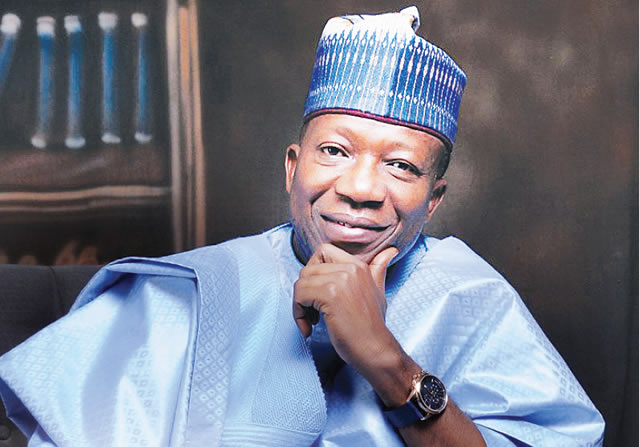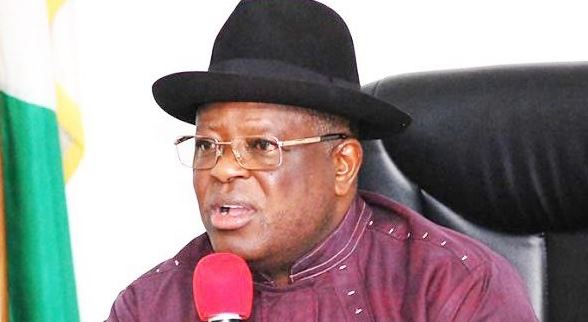The former minister of National Planning and the Director-General of the Nigeria Institute for Legislative and Democratic Studies, Prof Abubakar Sulaiman, has urged Nigerian political, traditional and religious leaders to emulate Somalia by electing more women to the National Assembly.
Somalia has a 54-member parliament with 14 parliamentary seats occupied by women, representing 25.93 per cent, more than eight times higher than Nigeria’s parliament with 3.67 per cent female Senators.
Similarly, in Somalia’s lower cabinet, there are 54 women out of 275 members, while the Nigerian House of Representatives has 16 out of 360 members.
The Nigerian Senate has only four female members: Ireti Kingibe, Natasha Akpoti-Uduaghan, Idiat Adebule and Ipalibo Banigo.
Speaking when Somalia female parliamentarians paid a courtesy visit to NILDS headquarters in Abuja, Prof Sulaiman decried the number of female lawmakers in the Nigerian federal parliament in a country where women outnumbered the men.
He said Nigerian women are frequently being held back from pursuing leadership roles due to pervasive cultural and religious reasons.
Why urging political leaders, especially in Nothern Nigeria, to push for more women’s participation in governance, he said Islam did not prohibit the participation of women in governance as shown in the number of women in the parliament of Somalia, which is 100 per cent Muslim population.
The DG said, “Somalia is faring better than Nigeria concerning women’s representation in parliament.
“You’re better than Nigeria. We need to learn from you. Somalia’s 54-seat Senate has 14 women parliamentarians. This is encouraging, especially in a country that is 100 per cent Muslim.
“In Nigeria, women are being marginalised as far as elected positions are concerned, especially from the northern part of Nigeria, for religious reasons.
“We need to learn from Somalia’s example, which has shown that Islam did not prevent women’s inclusion in governance.”
He added, “I want to appeal to leaders in Northern Nigeria to learn from Somalia’s experience, where women are being allowed to be part of governance, by ensuring more women participation in politics and governance.”
The Somali female parliamentarians are in the country to learn from Nigerian legislative proceedings and take home what can be replicated.











